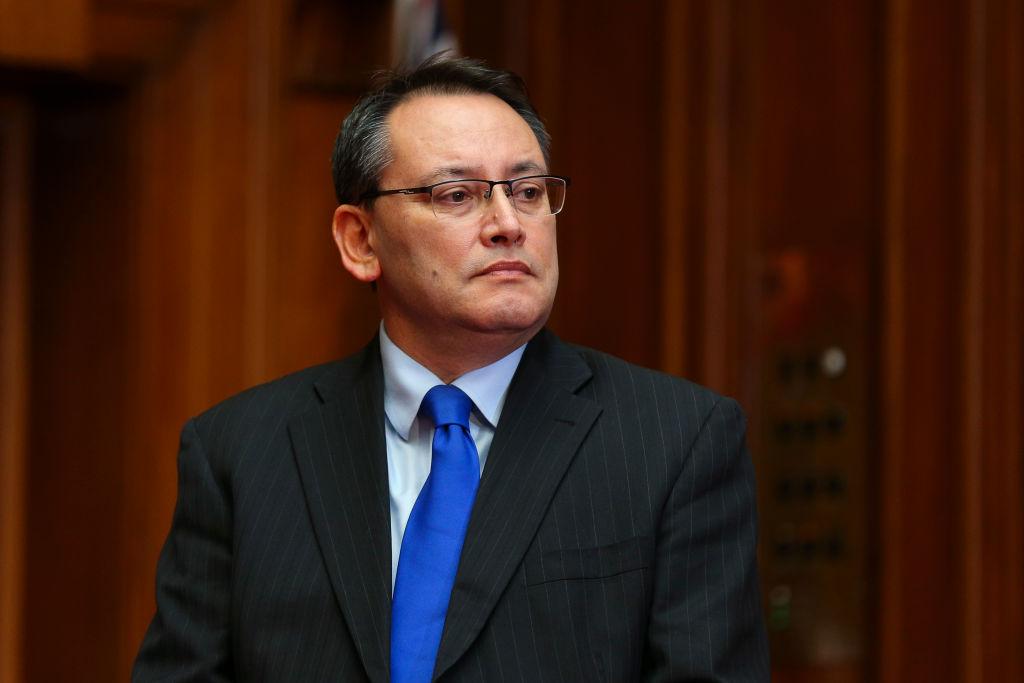In June 2022, the small nation of New Zealand had 20 District Health Boards—elected bodies that decided what happened in a defined geographic area.
One served a population of 32,550 people, while another looked after 628,770. Arbitrary lines on a map had led to a top-heavy, inefficient, and mostly ineffective system. And so on July 1, they disappeared, to be replaced by two new national bodies created after months of planning and consultation.





